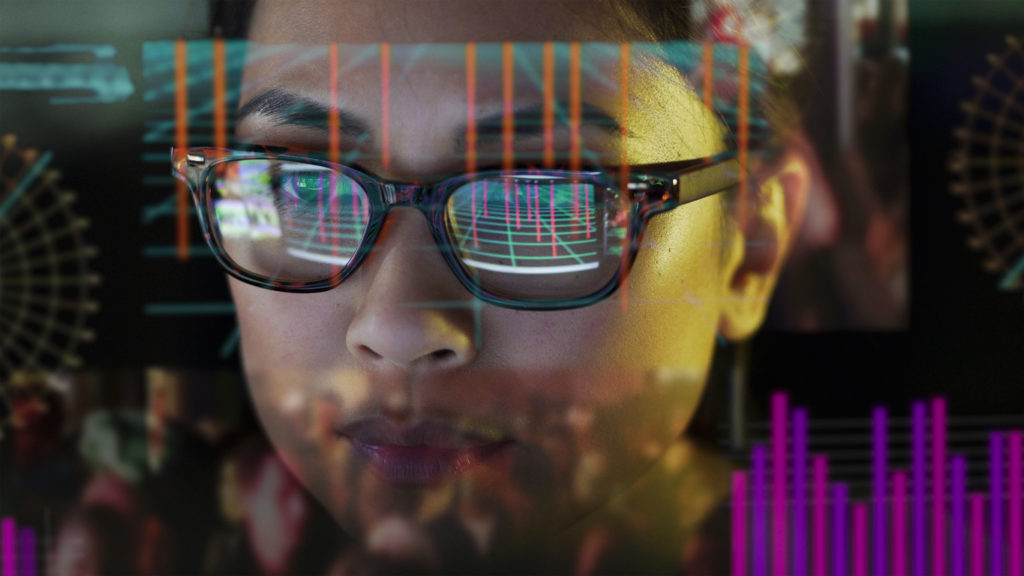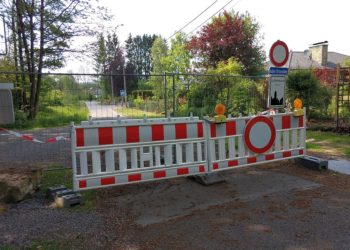Editor’s Note: Today’s post is by Deirdre Watchorn and Chris Smith, both members of the De Gruyter insights team. Deirdre is an insights professional with over 20 years’ experience consulting for multinational brand and marketing teams globally. She has led the insights and analysis team at De Gruyter since 2019. Chris is a coach, writer, researcher and entrepreneur. He is the director and co-founder of Prolifiko which works with academics, organizations and publishers worldwide to improve the research productivity of authors.
It’s been noted that whilst publishers have experienced a surge in submissions to STM journals since the start of the pandemic, other subject areas have contracted – particularly in the arts and humanities. At De Gruyter, we too have seen a recent sharp rise in submissions to our medical titles. Good news indeed, but as a scholarly publisher supporting authors across multiple fields – not just the sciences – and with a particularly strong focus on humanities book publishing, we need to pause for thought. Behind every journal submission is an individual researcher or team of researchers. We need to recognize that whilst some people and some teams have been thriving, others have experienced limitations and challenges in their work. We have been seeking to capture and better understand these limiting factors.

Researching the pandemic
Over the past six months, our insights team has been examining the impact of the pandemic on the research practices of our book and journal authors. Over two surveys, we garnered responses from a total of 4,300 academics from more than 100 countries. We asked them questions about how the pandemic was affecting them – personally and professionally. We asked them where that pressure was coming from and how we, as an academic publisher, might be able to help.
Our first survey was launched and closed May 2020. In it we found that nearly half of the authors were busier than they were before the pandemic began and were having to adjust to a ‘new normal’ with many restrictions to their work. We also found that these problems weren’t experienced equally – gender was playing a role, and female scholars were more likely to be limited by more caring and home-schooling responsibilities. Sadly, over the past six months our research finds these problems and inequalities growing.
Launched and closed in October 2020, our second survey found that academics are becoming even busier. They are experiencing more limitations to their work, not fewer: 48% of those who do primary research have produced less than they would do in a typical year, and 66% of scholars now say they can only continue their research with ‘significant restrictions’. But why are some academics being impacted and not others? Who is being impacted the most? The following five factors come from our October study and reflect the pandemic-era limitations we found will impact publishing pipelines and outcomes.
-
Teaching Online
For many academics there has been a sudden shift – overnight in some cases – to online teaching and student supervision. For many, this shift has been disastrous. 81% of the authors surveyed say that teaching and supervising students online is taking up more time than they expected, with 60% saying it’s their most significant barrier to continuing with their research ‘as normal’ – a figure that has grown since spring. 48% of academics who have teaching responsibilities are spending more time supervising students online with many saying they must provide extra emotional support to prevent isolation and loneliness.
Whilst new online formats cause additional work, it is where many academics must now teach from that is causing the biggest barriers – namely, from home. Juggling domestic duties and caring for others at home whilst also having to teach online and support vulnerable students is proving to be very taxing. Those academics who do not have teaching responsibilities or have been able to sidestep teaching in some way have a significant advantage over those scholars who must also teach from home.
“More time devoted to online teaching = less time for research = more work in the weekend = less leisure time = more fatigue and stress.”
-
(Lack of) Collaboration
The demise of face-to-face networking and collaborative working is impeding progress for many. In May, 29% of scholars said that a lack of in-person collaboration was impacting their research. This figure is now 37%. The cancellation of many conferences and restrictions placed on travel and physical meetings meant that many authors struggled to make the vital connections with peers and academic communities they need to continue.
Scholars are highly critical of online conference formats, so pivoting traditional events to an online environment had its challenges. Whilst considered acceptable for learning about scholarly discourse, they fail on every other measure of success. Current online formats do not replicate the social side of conferencing that so many academics value. Indeed, perhaps an indicator that academics (particular at early- and mid-career stage) are missing the social aspects of conferencing is that the use of social media has skyrocketed over the past six months. In our latest survey, 52% of respondents are now using social media more to find collaborators and to converse with peers. Is Twitter filling the conferencing gap?
“The fact that I no longer have the time and space to build trust and exchange views with colleagues cannot be overestimated. This has impacted all of my scholarly activities and has already stopped my career progression.”
-
Career Stage
Where an academic is in their career plays a pivotal role in how protected – or exposed – they are to the impacts of the pandemic. We find that the work of late-career researchers (16+ years’ experience post-PhD) is influenced the least. The pandemic has increased their workload and made them busier – but not as acutely as their junior colleagues.
The research finds that mid-career academics (5-16 years’ experience post-PhD) who also teach from home are suffering from a ‘double whammy’ of pressures caused by their life stage. They are severely impacted because they’re more likely to have young families that need care and support. Domestic pressures combined with home-working means that 51% of mid-career academics are ‘severely limited’ from conducting research. 16% of late-career scholars say the same.
Worryingly, extra pressure at mid- and late-career means that early-career scholars (1-5 years’ experience post-PhD) are struggling to receive the support they need to advance their careers. For example, our research finds that nearly 33% of mid-career academics are no longer able to build diverse teams of collaborators. This would suggest that the ripple effect from mid-career burnout could cause far wider damage.
“As an early-career researcher, who has just completed a PhD, I do not have access to career development support because everyone else is too busy to deal with their own careers let alone others.”
-
Gender
Many women who teach from home and are also mid-career are at a breaking point. They suffer a ‘triple whammy’ of pressures and obstacles because they are often the major care givers in many households. Whilst male and female academics have both become busier over the past six months and are both experiencing limitations on their research, women are getting busier at a faster rate. The pressures on women are increasing whilst the pressures on men are declining.
53% of mid-career female academics say that the hours they now work are having a severe impact on their research compared to 35% of men. 62% of female academics spend extra time supervising online compared to 39% of men. Compared to their male colleagues, mid-career females are writing less, reading less, publishing less, spending less time on data analysis, and participating fewer conferences. Indeed, over a third of mid-career female academics now say their mental health and overall well being is being ‘severely impacted’ due to the mix of pressures they face.
“Nobody is talking about this, but the burnout-rate has increased during the crisis. I experienced a huge paralysis for some time myself… it’s absolutely clear that female researchers with families are the losers of the pandemic.”
-
Humanities the hardest hit
Humanities scholars in particular are experiencing significant barriers to their work. 55% of these scholars cannot get access to the essential libraries, archives, collections, and museums they need to continue. Many humanities academics are also struggling to conduct field work or data collection because of travel restrictions. Over the past six months, we see a sharp jump in humanities scholars who say that the lack of collaboration is severely impacting their research too. This figure has doubled from 17% to 34% between May and October 2020.
In addition, humanities scholars are far more concerned than academics in STM or social science fields about their career development and chances of promotion. They fear they might be first in line for university cuts and they worry about the international job market dwindling – or being completely out of bounds. Relative to the other disciplines, humanities researchers also claim to have been impacted the most in terms of hours worked, engagement in work and overall well being.
“I cannot visit the university library because of the many layers of administration I have to complete to gain in-person access.”
Academia Mirrors Society
If there’s one thing above all else that this research shows, it is that academia does not operate outside society – rather, it mirrors it. Our research doesn’t find that some academic authors are inherently more resilient than others. Nor does it find that some scholarly researchers are better suited to handling academic pressure than others. It finds that behind every academic author and researcher is an individual with their own unique set of problems, pressures and yes, privileges.
Everyone has been impacted by the pandemic but some have been impacted more than others. Yes, we should celebrate that publishing pipelines are buoyant in STM fields. We must congratulate these researchers for their essential work and be thankful for their ability to continue. But we should be aware that others are suffering.
For many academics, the pandemic has, and continues to be a time of great stress, insecurity and pressure. These are pressures that will cause career-defining damage that impacts the individual, but also have significant repercussions for scholarship, equality, diversity, and society. This research must be a wake-up call for the scholarly community as a whole and academic publishing in particular.
***
The full report, “Locked Down, Burned Out: Publishing in a Pandemic – the Impact of Covid on Academic Authors” is now available for download.



